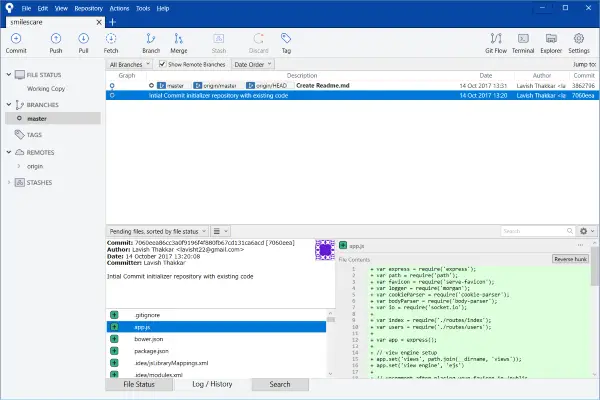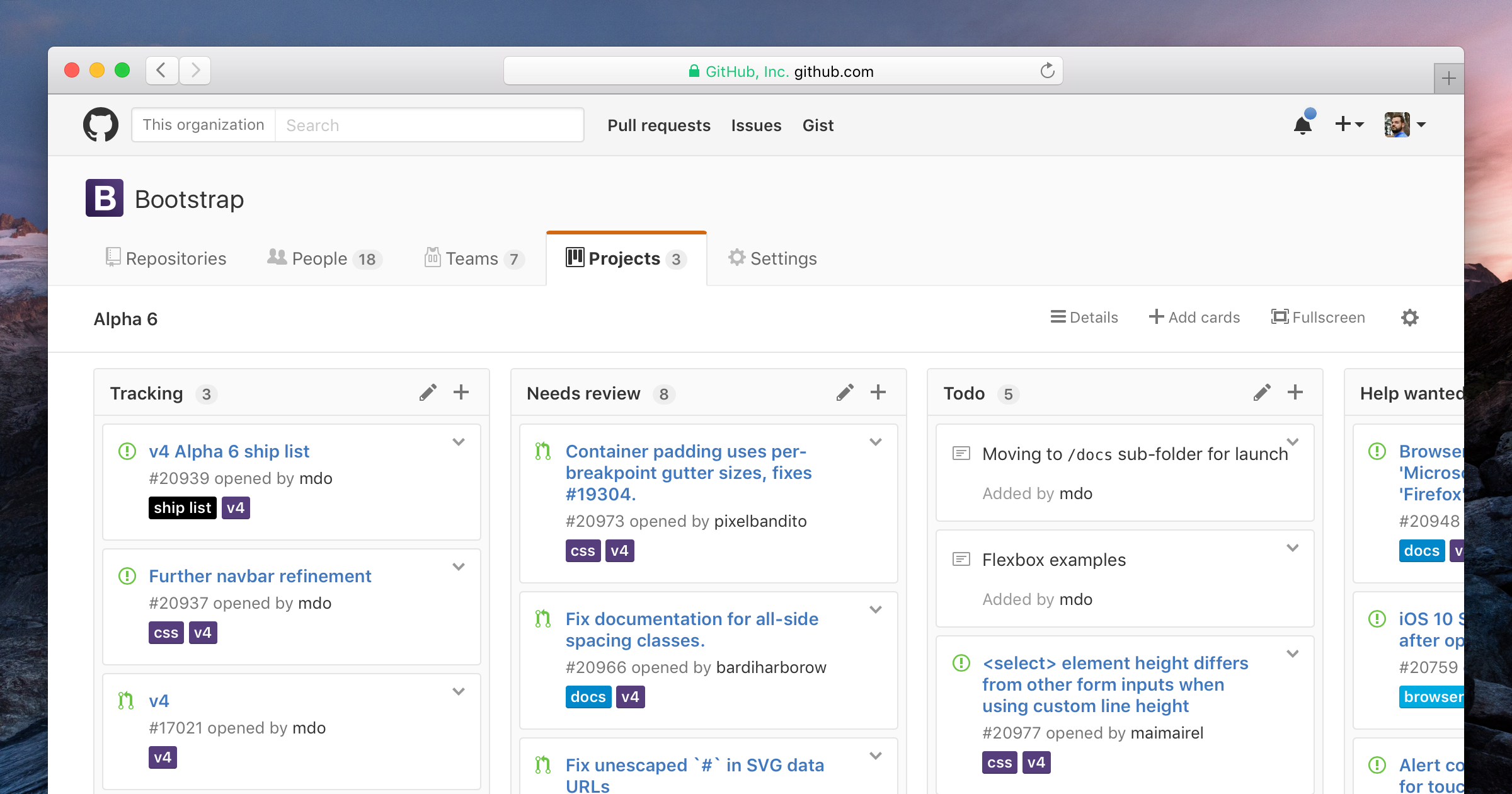



- #SOURCETREE GITHUB ORGANIZATION SOFTWARE#
- #SOURCETREE GITHUB ORGANIZATION CODE#
- #SOURCETREE GITHUB ORGANIZATION PASSWORD#
- #SOURCETREE GITHUB ORGANIZATION WINDOWS#
#SOURCETREE GITHUB ORGANIZATION WINDOWS#
SourceTree, on the other hand, is a desktop client that is available for Windows and macOS. It provides a consistent experience across different platforms and operating systems. Platform Support: GitHub is a web-based platform and can be accessed from any operating system that supports a web browser. It primarily focuses on integrating with Git-related tools and services and may not offer the same breadth of integrations as GitHub. SourceTree, while it provides some integration options, has a more limited ecosystem compared to GitHub. GitHub also supports webhook and API integrations, enabling custom integrations and automation.
#SOURCETREE GITHUB ORGANIZATION CODE#
It offers integrations with popular CI/CD tools, code quality analyzers, project management tools, and collaboration platforms. Integration and Ecosystem: GitHub has a robust ecosystem and integrates seamlessly with various development tools and services. It offers a visual representation of the Git repository, making it easier to understand and work with Git commands and operations. SourceTree, being a desktop client, provides a graphical interface with a more traditional file explorer-like view. It provides a visually appealing and user-friendly interface for browsing code, managing repositories, and collaborating with team members. User Interface and User Experience: GitHub offers a web-based interface that is accessible from any browser. SourceTree is a desktop client that offers a graphical interface for simplifying Git workflows, making it easier for developers to manage repositories and perform common Git operations.
#SOURCETREE GITHUB ORGANIZATION SOFTWARE#
Here are the key differences between GitHub and SourceTree:įunctionality and Focus: GitHub is a web-based platform for hosting Git repositories and enabling collaborative software development with features like code hosting, pull requests, and issue tracking. GitHub and SourceTree are two tools commonly used in software development. Git itself has no special behaviour for this attribute.GitHub vs SourceTree: What are the differences? Helpers must treat this attribute as confidential like the passwordĪttribute.
#SOURCETREE GITHUB ORGANIZATION PASSWORD#
Git credential now includes in its man page: oauth_refresh_tokenĪn OAuth refresh token may accompany a password that is an OAuth access This workaround is only feasible for a monolithic helper with its own storage. Workarounds: GCM abuses the helper get/store/erase contract to store the refresh token during credential get as the password for a fictitious host (I wrote this hack). Helpers would also need extra information to distinguish between confidential and non-confidential attributes. This seems excessively complex for no obvious gain. See for an implementation tested with this patch.Īdd support for the new attribute to credential-cache.Įventually, I hope to see support in other popular storage helpers.Īlternatives considered: ask helpers to store all unrecognised attributes. The OAuth helper can use the stored refresh token forwarded by credential fill to generate a fresh access token without opening the browser. Recall that credential fill calls each helper until it has a non-expired password. This is especially useful when a storage helper and a read-only OAuth helper are configured together. Introduce a new attribute oauth_refresh_token. On a browserless system, this is particularly intrusive, requiring a second device. This means that the user has to regularly reauthorize the helper in browser. However the Git credential protocol has no attribute to store the OAuth refresh token (unrecognised attributes are silently discarded). (GitHub doesn't populate expiry or refresh token.) GitLab and BitBucket set the expiry at two hours. Git authentication with OAuth access token is supported by every popular Git host including GitHub, GitLab and BitBucket.Ĭredential helpers Git Credential Manager (GCM) and git-credential-oauth generate OAuth credentials.įollowing RFC 6749, the application prints a link for the user to authorize access in browser.Ī loopback redirect communicates the response including access token to the application.įor security, RFC 6749 recommends that OAuth response also includes expiry date and refresh token.Īfter expiry, applications can use the refresh token to generate a new access token without user reauthorization in browser. (Merged by Junio C Hamano - gitster - in commit 2ca91d1, ) credential: new attribute oauth_refresh_token See commit a5c7656 () by M Hickford ( hickford). That should be better supported with Git 2.41 (Q2 2023), the credential subsystem learns to help OAuth framework.


 0 kommentar(er)
0 kommentar(er)
